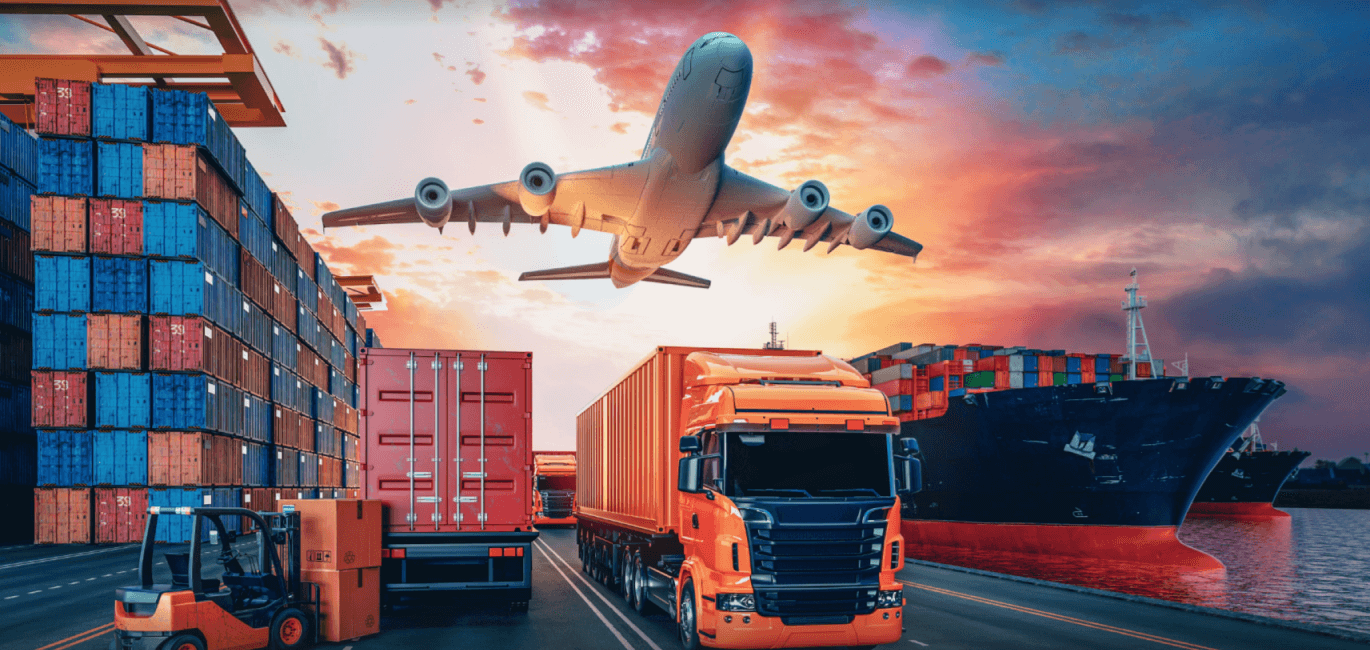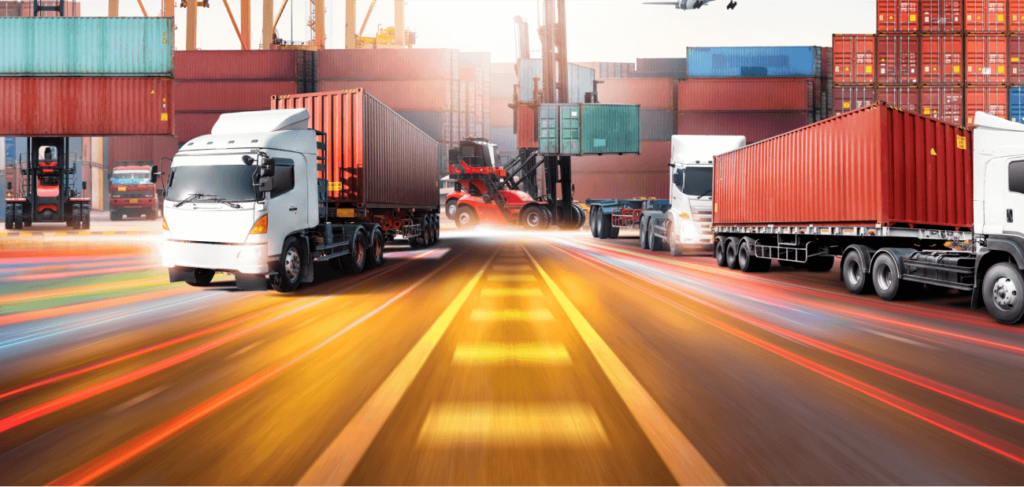
The Future of Logistics: Trends Shaping the Industry in 2025
3 Comments
-

Soleil Darwell
Great insights! The push for greener supply chains is much needed. Electric trucks and alternative fuels will be game-changers in reducing carbon footprints.
-

Romy Pond
Technology is key! Blockchain and IoT are revolutionizing transparency and efficiency in logistics. The future is all about real-time tracking and smarter supply chains.






Oscar Walker
Exciting innovations ahead! The rise of AI, automation, and sustainable solutions is transforming logistics faster than ever.